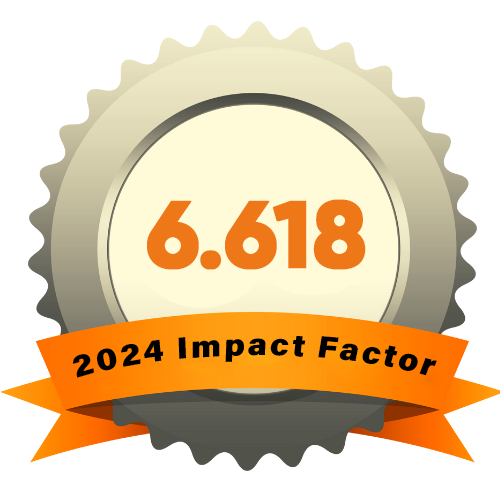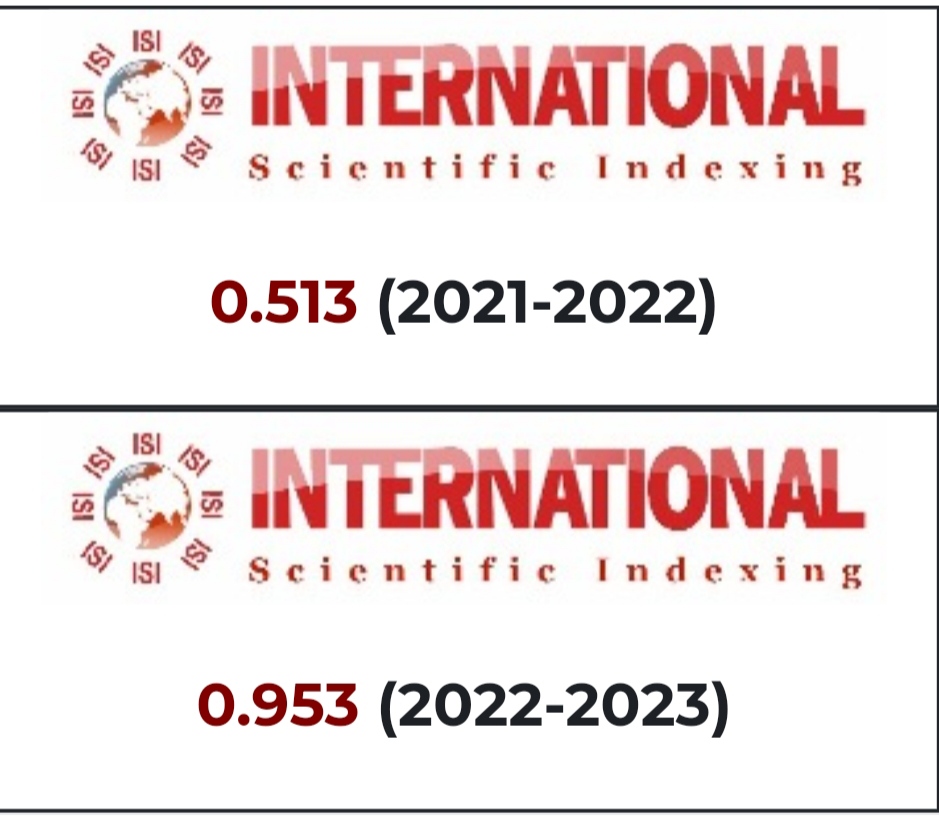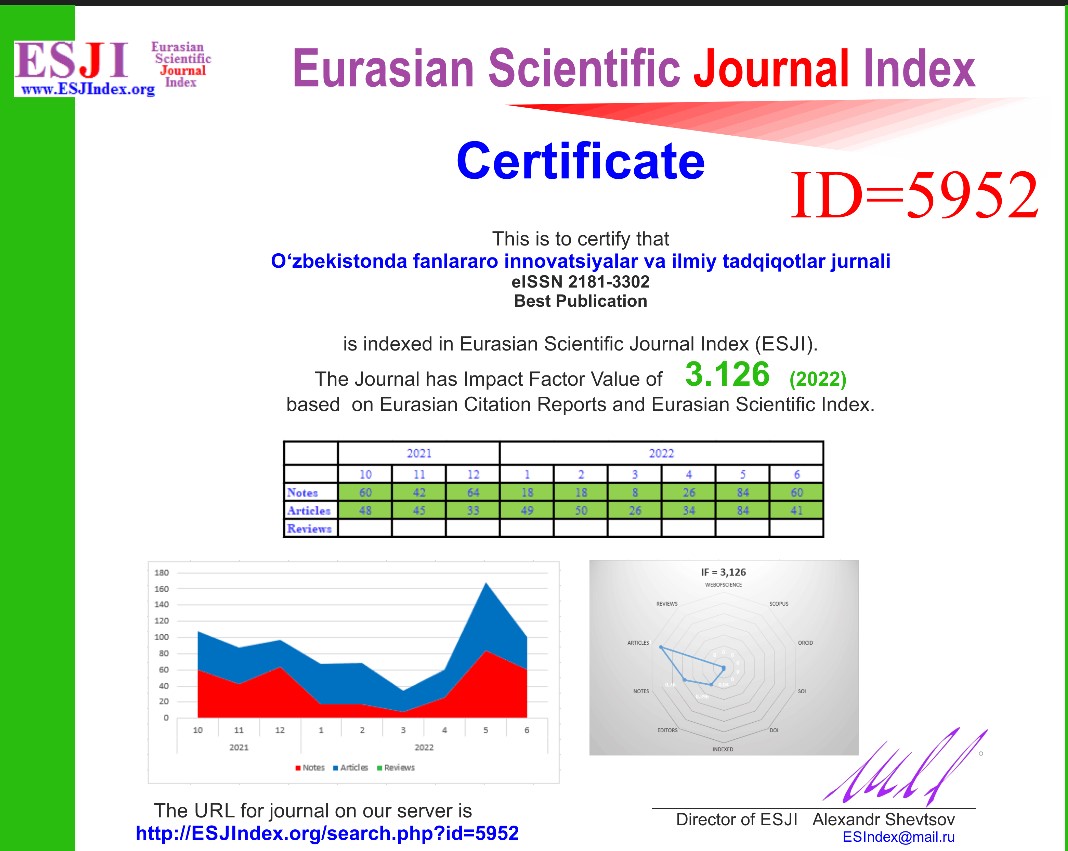ЭФФЕКТИВНОСТЬ МЕР ПО БОРЬБЕ С КОРРУПЦИЕЙ В РОМАНО-ГЕРМАНСКОЙ ПРАВОВОЙ СИСТЕМЕ: АНАЛИЗ УСПЕШНЫХ ПРАКТИК
Abstract
Коррупция остается серьезной проблемой во многих странах с романо-германской правовой системой. В этой статье анализируется эффективность мер по борьбе с коррупцией, реализуемых в этих странах, с фокусом на успешные практики. Проводится сравнительный анализ антикоррупционного законодательства, механизмов правоприменения и превентивных мер политики. Исследование показывает, что комплексное антикоррупционное законодательство, независимые антикоррупционные органы, повышение прозрачности и электронного правительства, а также вовлечение общества являются ключевыми факторами эффективной борьбы с коррупцией. Однако проблемы с правоприменением и реализацией сохраняются. Делается вывод о том, что для решения проблемы коррупции в долгосрочной перспективе требуется многоплановый подход, сочетающий карательные меры, превентивную политику и участие общества.
References
Ahn, S. (2012). Anti-Corruption Reforms in South Korea. Retrieved from http://aceproject.org/today/feature-articles/anti-corruption-reforms-in-south-korea
Andersen, T. B. (2009). E-Government as an anti-corruption strategy. Information Economics and Policy, 21(3), 201-210.
Buruiana, G. L. (2015). Implementing an anti-corruption integrated information system: The case of Romania's SNAICC. European Journal on Criminal Policy and Research, 21(3), 423–446.
DavisPolk. (2017). Anti-Corruption in France: Sapin II Law Enters Into Force. Retrieved from https://www.davispolk.com/sites/default/files/sapin_ii_law_enters_into_force.pdf
Dorney, B. (2016). Prosecuting High Level Corruption: Obstacles and Opportunities. In Transparency International, Global Corruption Report 2004 (pp. 42-49). Routledge.
Guriev, S. (2018). Corruption in Procurement and Public Purchase. In A. Shleifer (Ed.), Oxford Handbook on the Economics of Corruption.
Kim, S., Kim, J. Y., & Lee, J. (2015). Effect of the Integrity Assessment and Transparency System on the Reduction of Perceived Corruption. Sustainability, 7(11), 15820-15833.
Kuris, G. (2015). Watchdogs or guard dogs: Do anti-corruption agencies need strong teeth?. Policy and Society, 34(2), 125-135.
Malesky, E., Abrami, R. M., & Zheng, Y. (2014). Institutions and inequality in single-party regimes: A comparative analysis of Vietnam and China. Comparative Politics, 46(4), 401-419.
Meagher, P. (2004). Anti-corruption agencies: Rhetoric Versus reality. The Journal of Policy Reform, 8(1), 69-103.
Mungiu-Pippidi, A. (2020). The quest for good governance. Cambridge University Press.
OECD. (2013). Specialised Anti-Corruption Institutions. OECD Publishing.
OECD. (2017). The Effectiveness of Anti-Corruption Agencies in the Western Balkans. OECD Publishing.
OECD. (2020). Preventing Corruption in Public Procurement. OECD Publishing.
Peisakhin, L. & Pinto, P. (2010). Is transparency an effective anti‐corruption strategy? Evidence from a field experiment in India. Regulation & Governance, 4(3), 261-280.
Persson, A., Rothstein, B., & Teorell, J. (2013). Why anticorruption reforms fail—Systemic corruption as a collective action problem. Governance, 26(3), 449-471.
Povarna, C. (2018). The Success Story of the Romanian National Anti-corruption Directorate. Romanian Academic Society.
Quah, J. S. (2010). Defying institutional failure: learning from the experiences of anti-corruption agencies in four Asian countries. Crime, Law and Social Change, 53(1), 23-54.
Shim, D. C., & Eom, T. H. (2008). E-government and anti-corruption: Empirical analysis of international data. Intl Journal of Public Administration, 31(3), 298-316.
Singh, R. & Vutukuru, V. (2010). Enhancing accountability in public service delivery through social audits: a case study of Andhra Pradesh, India. Accountability Initiative.
Transparency International. (2020). Corruption Perceptions Index 2020. Retrieved from https://www.transparency.org/en/cpi/2020/index/nzl
Wilson, C. & Cordero, J.A. (2020). How Mexico's National Digital Strategy is Cutting Corruption. Americas Quarterly. Retrieved from https://www.americasquarterly.org/article/how-mexicos-national-digital-strategy-is-cutting-corruption/
World Bank. (1997). Helping Countries Combat Corruption: The Role of the World Bank. Retrieved from http://www1.worldbank.org/publicsector/anticorrupt/corruptn/corrptn.pdf
World Bank. (2020). Enhancing Government Effectiveness and Transparency: The Fight Against Corruption. Retrieved from https://www.worldbank.org/en/region/eca/publication/enhancing-government-effectiveness-and-transparency-the-fight-against-corruption











